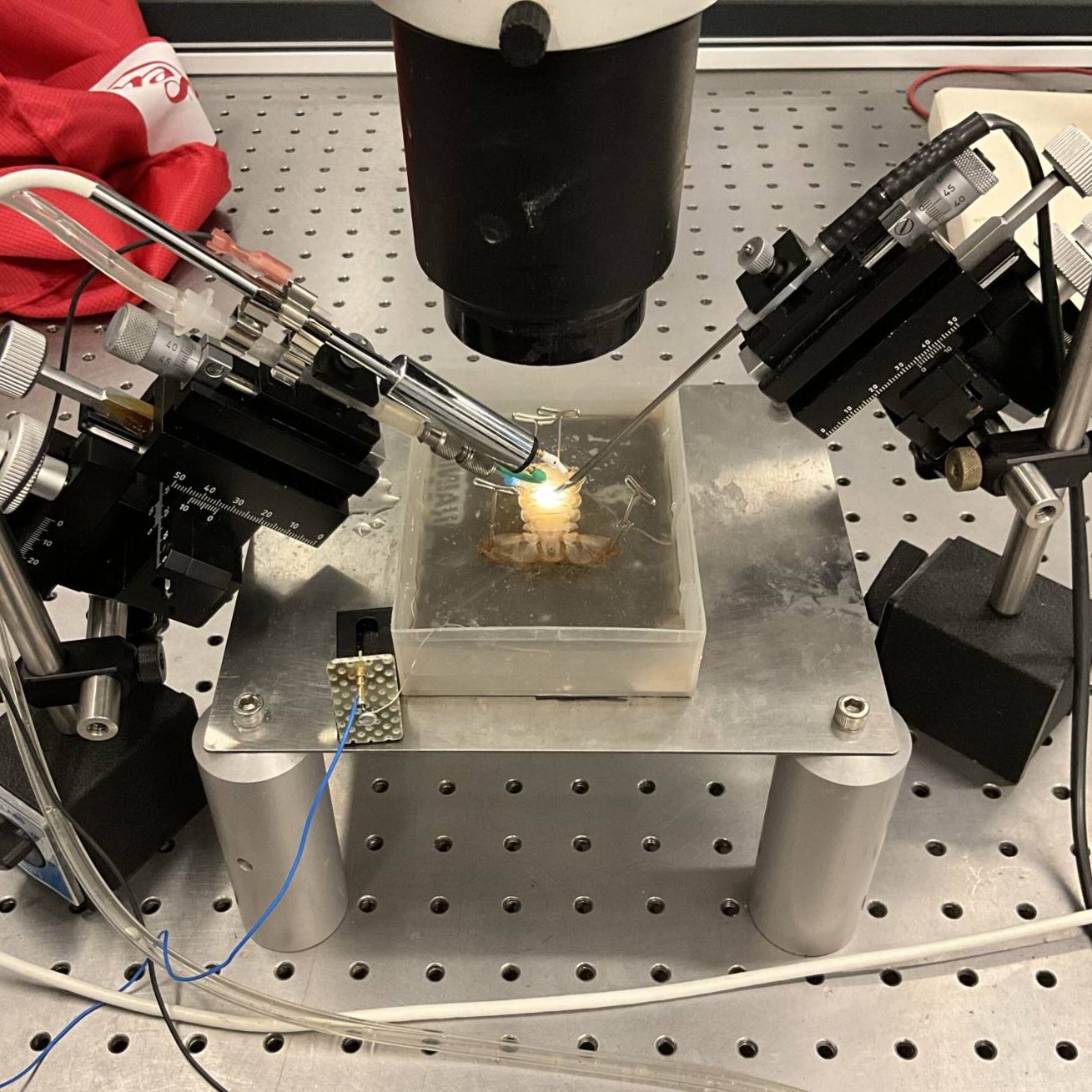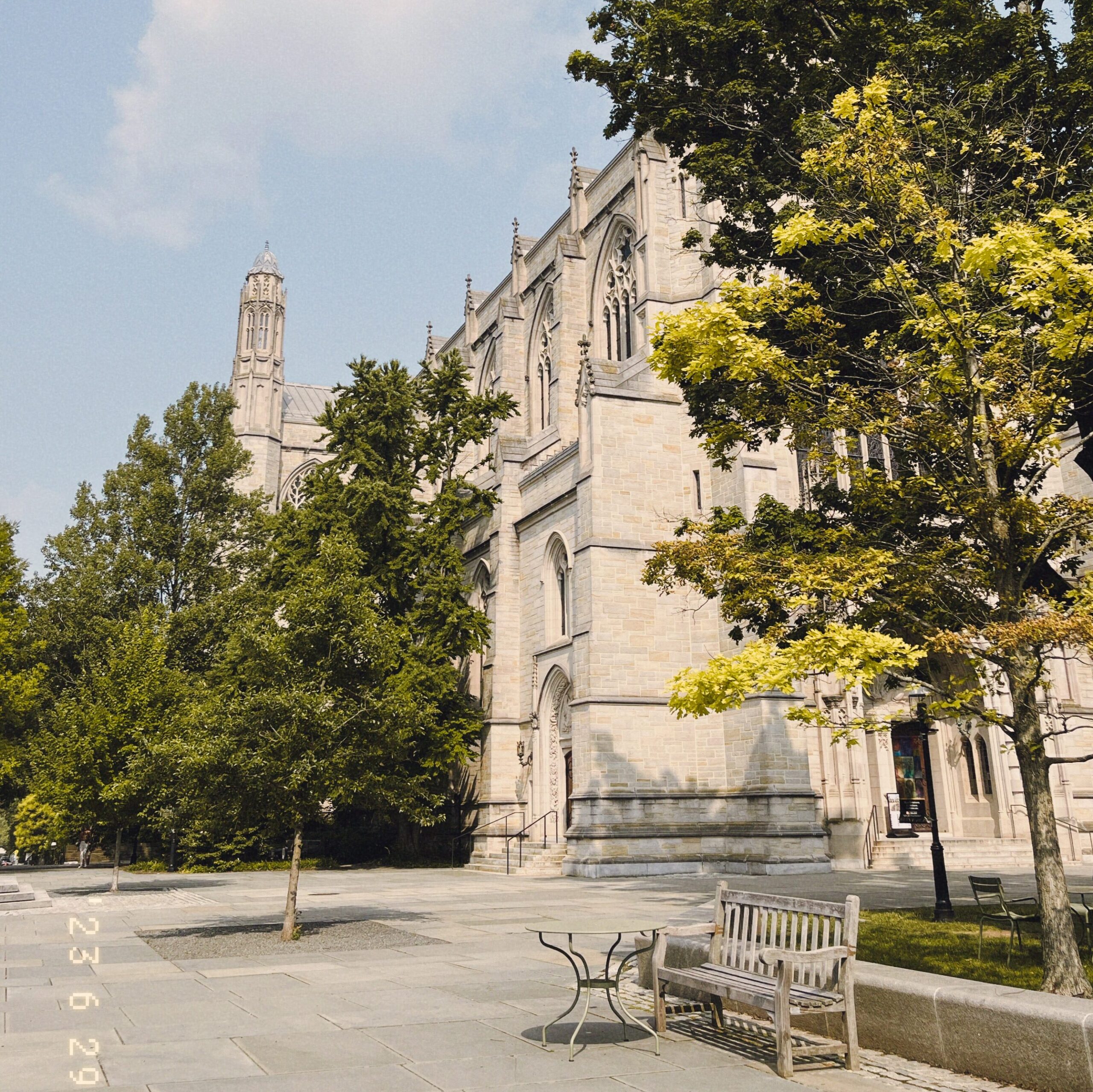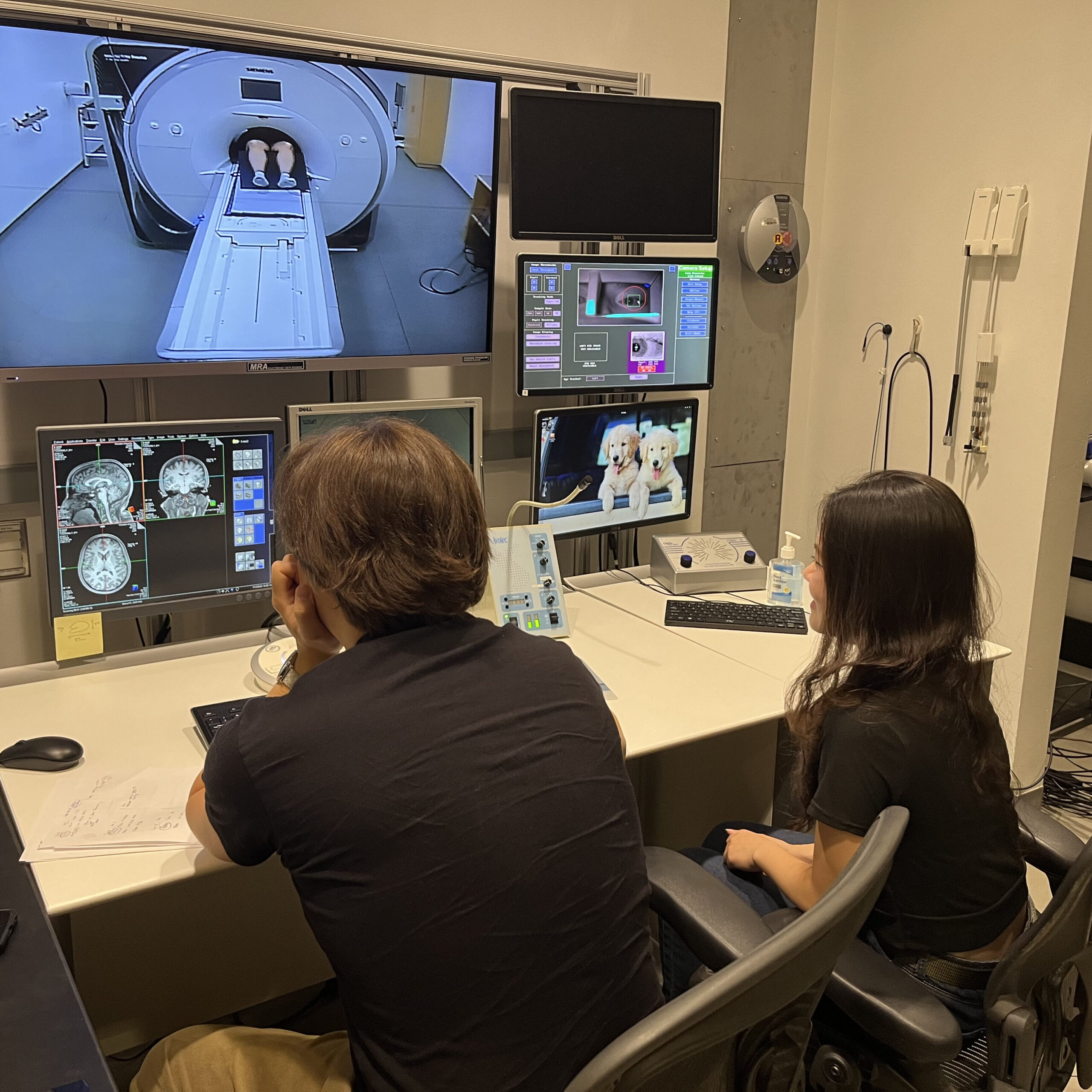Cold-emailing a professor can feel like yelling into the void. You’ve pinpointed your field of interest, done the research on the lab and professor you want to work with, and yet—there’s so much uncertainty. You don’t know what the response will be, or if you’ll even get one at all. You don’t know if the void will yell back, or if your voice will simply disappear.
But that doesn’t mean you can’t maximize your chances. After crafting and sending a few emails, I started to see what actually makes a difference—and it’s not just about hitting “send.”
Continue reading Cracking Cold Emails: Reaching Out to Professors in a Way that Works








